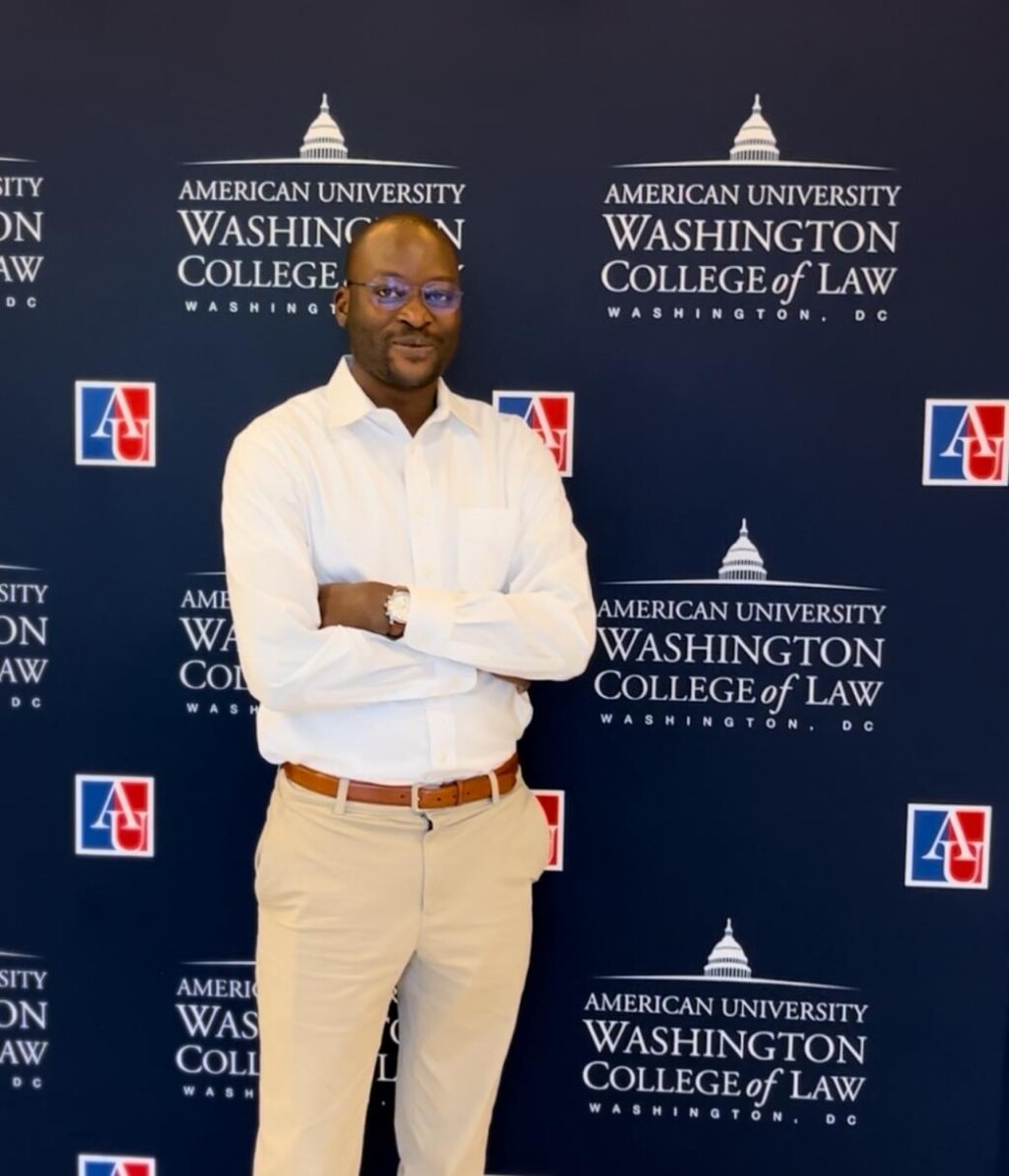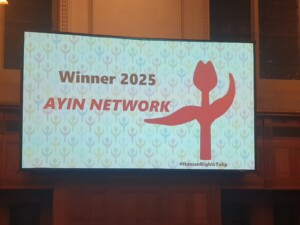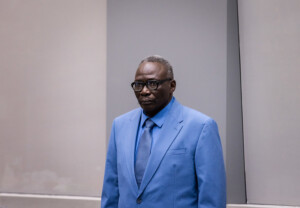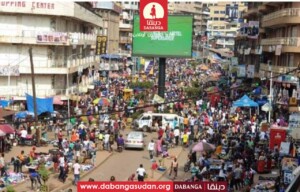Sudanese legal expert: hindering access to aid is crime against humanity

Motasim Ali, international law expert and researcher at the American University in Washington (Photo: Supplied)
The provision of relief seems to have become a new weapon in the war that has been raging between the Sudanese Armed Forces (SAF) and the paramilitary Rapid Support Forces (RSF) and their affiliated militia groups in Sudan since mid-April last year. International law expert Motasim Ali commented that denying the right to humanitarian aid to civilians is considered a crime against humanity. More than one-third of the population in the country faces acute hunger.
In addition to country-wide outages in telecommunications and Internet for weeks, the provision of much-needed relief items has now become a weapon of war, Dabanga correspondent Abdelmonim Idris reported yesterday.
Idris referred to statements by SAF Commander and Sovereignty Council President Abdelfattah El Burhan made in El Debba in Northern State earlier this month.
In his address to members of the 19th Infantry Division in Ed Debba on February 10, the army commander said that provision of aid “will only take place after this war has stopped and the criminal rebels [RSF] have been defeated and have withdrawn from the homes of citizens, government and service institutions”.
Ten days ago, RSF Commander Mohamed ‘Hemedti’ Dagalo in a post on his X account accused “the so-called Port Sudan Group”, which he said consists of members of the former Al Bashir regime and its co-conspirators within the SAF, of blocking the distribution of “over 70 percent of humanitarian assistance awaiting transit in Port Sudan.
“These delays have been acknowledged by representatives of international and local organisations,” he stated and claimed that they are one of the main causes of the “looming famine” in Sudan.
‘Acute hunger’
Humanitarian organisations working in Sudan have been warning of an imminent risk of famine for millions of Sudanese due to continued violence and the subsequent failure of the agricultural season last year, Idris writes. The international community is struggling to provide the necessary financial resources to meet the humanitarian needs in Sudan.
Martin Griffiths, UN Under-Secretary-General for Humanitarian Affairs and Emergency Relief Coordinator, said on his account on X last week that “almost 5 million people in #Sudan face emergency levels of hunger, and as the conflict continues, things will only deteriorate. I’ve allocated US$15 million from @UNCERF to address this worsening food crisis.”
In a briefing to media in Geneva, Peter Graaff, acting representative of the World Health Organization (WHO) warned that displaced people sheltering in overcrowded areas lack access to water, sanitation, food, and the most basic services.
“The situation in Sudan was a perfect storm as the health system is hardly functional. The childhood immunisation programme is breaking down, and infectious diseases are spreading,” he said after his visit to Sudanese refugees in Chad and South Sudan.
A group of more than 55 UN experts stated on February 5 that “Sudan is facing one of the fastest unfolding crises globally with about 25 million people – including over 14 million children, of whom 3 million under five, suffer from acute malnutrition – in dire need of humanitarian assistance and support since fighting started between the Sudan Armed Forces and the Rapid Support Forces in April 2023, killing at least 13,000 persons and injuring 33,000. … About 17.7 million people across Sudan representing 37 per cent of the population face acute hunger“.
‘Crime against humanity’
Motasim Ali, international law expert and researcher at the American University in Washington, described El Burhan’s statements rejecting the entry of humanitarian aid into Sudan as a violation of international humanitarian law and human rights law.
He told Dabanga that “those statements [are] responsible for the cessation of relief operations from Chad to Darfur, which puts the lives of civilians at risk, given that people need the most basic goods”.
Expressing regret that the armed conflict between the SAF and RSF has reached this point, “civilians in areas under the control of any of both warring parties have the right to protection and the delivery of aid, which means that denying them that right is considered a crime against humanity.”
However, the legal expert does not see a solution other than the international community’s continued pressure on the Sudanese authorities and RSF to agree to the entry of relief and urging both parties not to exploit civilians during their war.
The UN Security Council could impose sanctions on any party that obstructs the arrival of relief convoys, he said. “We have seen positive statements by the Sudanese Foreign Affairs Ministry about facilitating the entry of aid, despite reality showing the opposite, as the de facto government now obstructs this.”
Ali said that this is legally possible to bring in humanitarian aid without the government’s approval. “Relief can be brought in, for example, through Chad or the Central African Republic, or even through air drops, though the international community may face many difficulties in this, due to the fragility of the security situation.”
Efforts
UN Relief Coordinator Martin Griffiths announced on February 7 that the SAF and the RSF agreed to meet in Switzerland to discuss humanitarian access in Sudan, but added he is “still waiting for the actual meeting to happen”. Omar El Degeir, chair of the Sudanese Congress Party, warned of the failure of the talks to be held in Geneva, “if the two parties adopt the same tactical approach as in previous negotiation forums”.
Dabanga reported at the time that the Sudanese High Committee for Humanitarian Aid Provision, chaired by Minni Minawi, governor of the Darfur region, was still working to realise secure transport of relief materials from the harbours of Port Sudan, capital of Red Sea state, to the west of the country.
On Friday, representatives of Sudanese and African civil society organisations held a meeting on the sidelines of the annual African Union summit in the Ethiopian capital. They urged the AU to activate Article 4 of its Constitutive Act and dispatch a military force to stop human rights violations and ensure the arrival of humanitarian aid.











 and then
and then